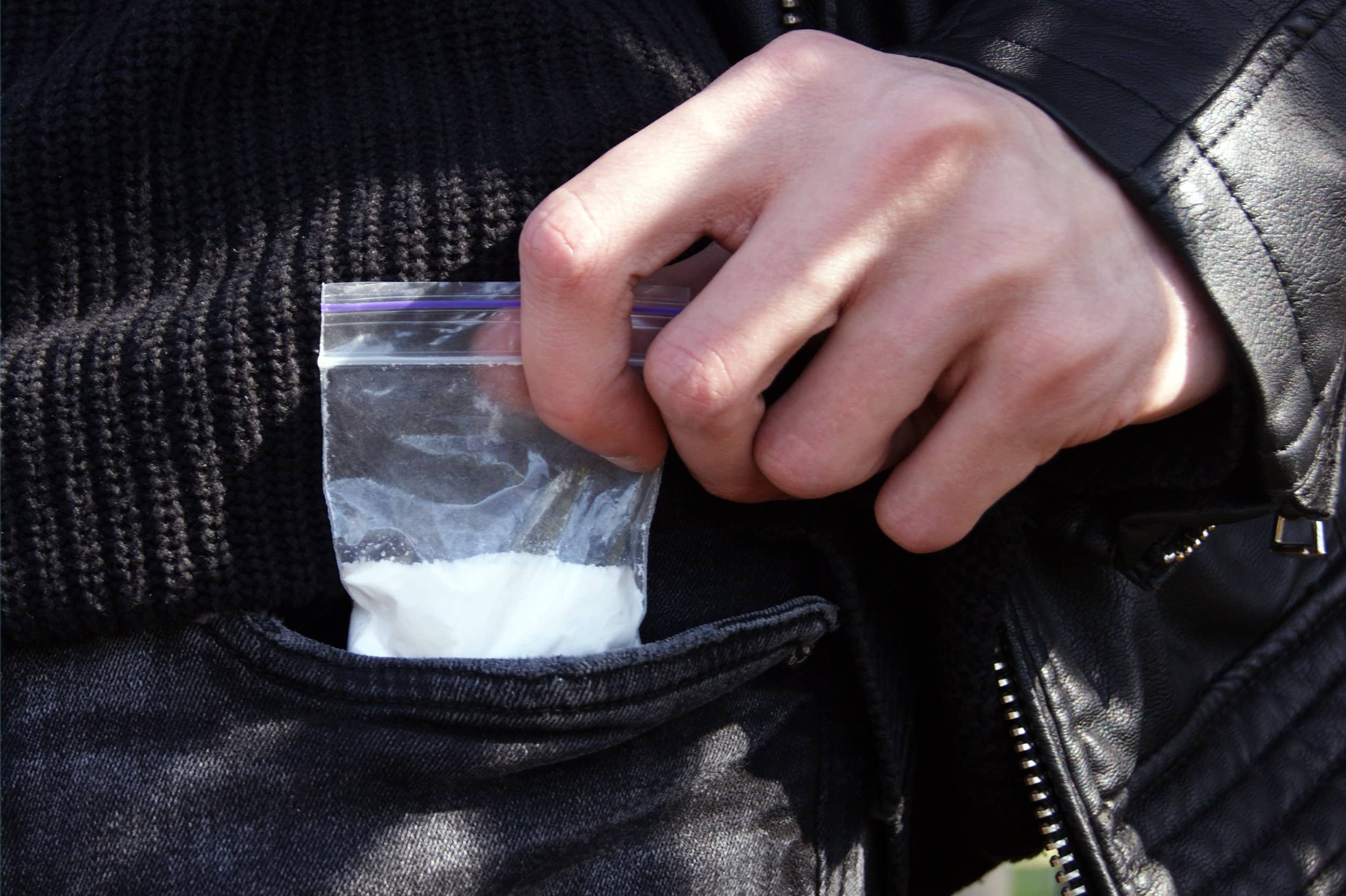No doubt you’ve heard the phrase “possession is nine-tenths of the law” in your favorite police or law drama. It’s a popular phrase meant to capture the idea that ownership is easier to prove if someone has possession of something – and difficult to enforce if they don’t.
Is that true? The answer isn’t that simple because the term possession itself has a variety of meanings depending on the context. However, possession plays a crucial role in many drug crimes, so it’s a question worth exploring.
Here’s what you need to know about possession under the law and how it can impact your drug crime case.
Possession and Ownership
It’s important to make the distinction between possession and ownership. Someone having possession of something doesn’t mean they own it. They are the owner, but the situation may not be as black and white as it seems.
That is why possession laws are often very complicated. If you are facing drug possession charges, you likely need an attorney to help you figure it out.
Possession: The Different Types
Possession is complicated – and the many different types of legal possession make it even more so. Possession can be different depending on a variety of factors. However, different types of possession under the law are good to acquaint yourself with. They are:
Actual Possession
Actual possession sometimes referred to as simply “possession,” is what most people think of when they hear the word. It occurs when you have something, such as drugs, on your physical person or are in control of where they are – like drugs stowed in your car.
Constructive Possession
Constructive possession is a part of many criminal cases. This refers to items that are not only in your physical possession – but also the knowledge of where the illegal substance is, plus the ability to control it. So, you may not have the drugs physically on your person, but you know where they are, and they’re in a place under your control, like in a safe.
Criminal Possession
State and federal statutes make possessing certain items, such as controlled substances, illegal. When possession is made a crime, then law enforcement and prosecutors can enforce these laws without having to prove that the items were being used or sold – simply having them in your possession breaks the law, and you can suffer consequences for it.
Joint Possession
Joint possession occurs when two people or more share control of an object or an illegal item, such as controlled substances found within a shared residence. In this case, each party can be held legally responsible for the crime, not just one.

Possession with Intent
Possession with the intent to sell is often involved in drug crimes. If a person has possession of a controlled substance, and there’s other evidence that leads law enforcement to believe they intend to sell it or distribute it, then criminal charges can follow.
The law can be complicated to understand if you’re facing drug possession charges. That’s why you need an experienced attorney to help you understand what you are being charged with and the evidence against you – and also what penalties you may face. Then, you can work together to formulate the best defense possible.
About the Author:
Kimberly Diego is a criminal defense attorney in Denver practicing at The Law Office of Kimberly Diego. She obtained her undergraduate degree from Georgetown University and her law degree at the University of Colorado. She was named one of Super Lawyers’ “Rising Stars of 2012 & 2019-2022” and a “Top 100 Trial Lawyers in Colorado” for 2012-2022 by The National Trial Lawyers. Both honors are limited to a small percentage of practicing attorneys in each state. Additionally, Expertise names her to its lists of the 25 Best Denver DUI Lawyers and 21 Best Denver Criminal Defense Lawyers, both in 2020-2022. Ms. Diego has also been recognized for her work in domestic violence cases.





